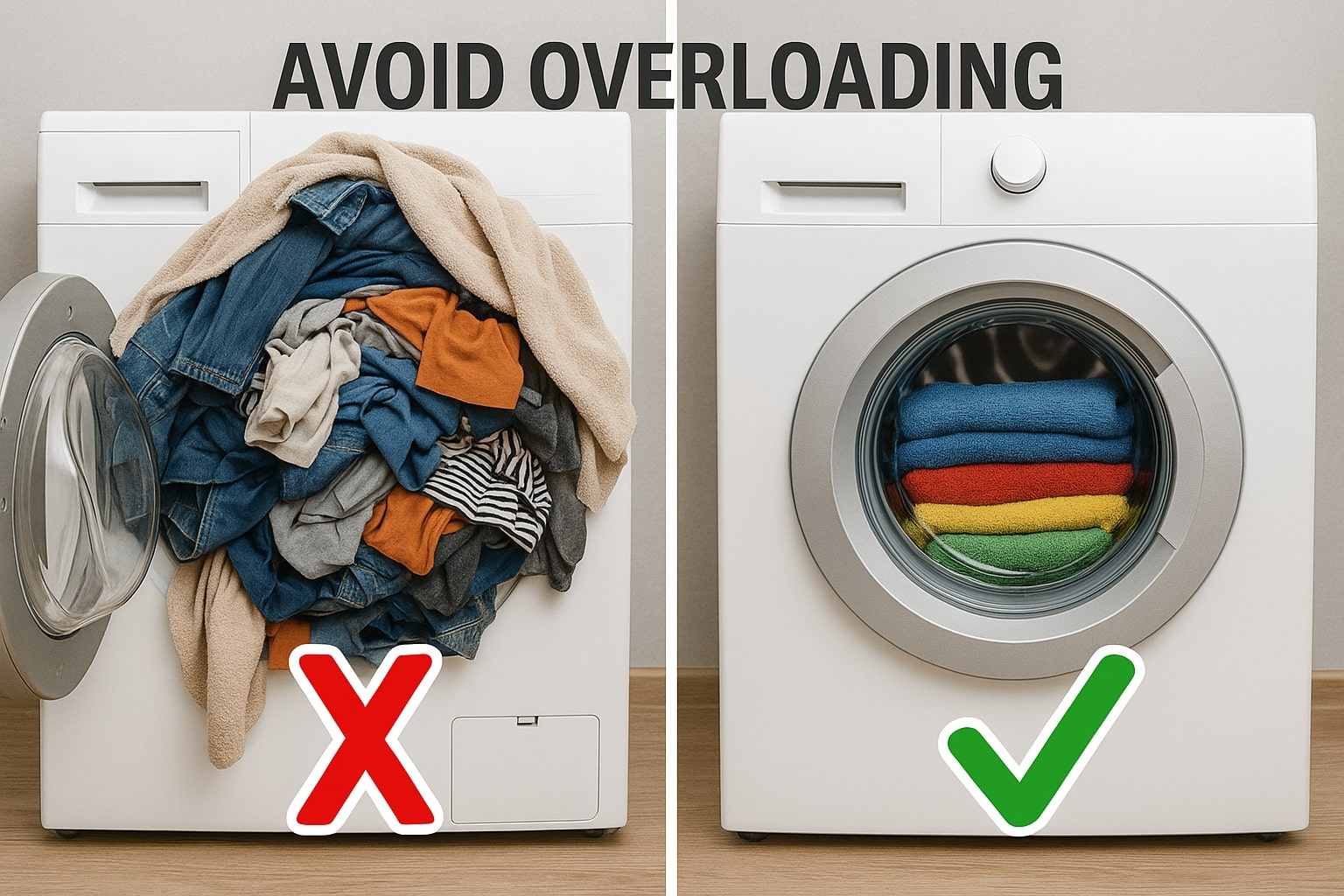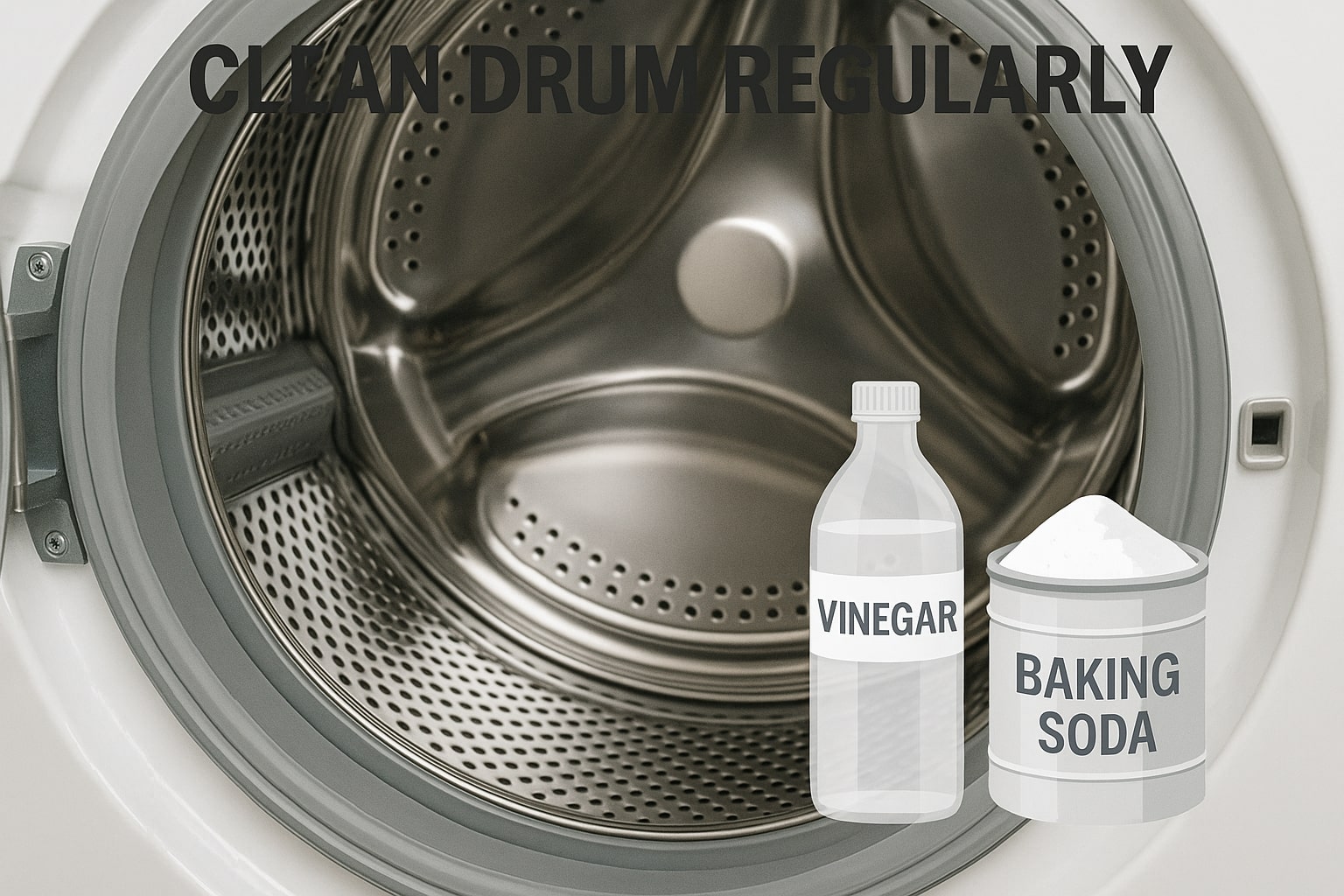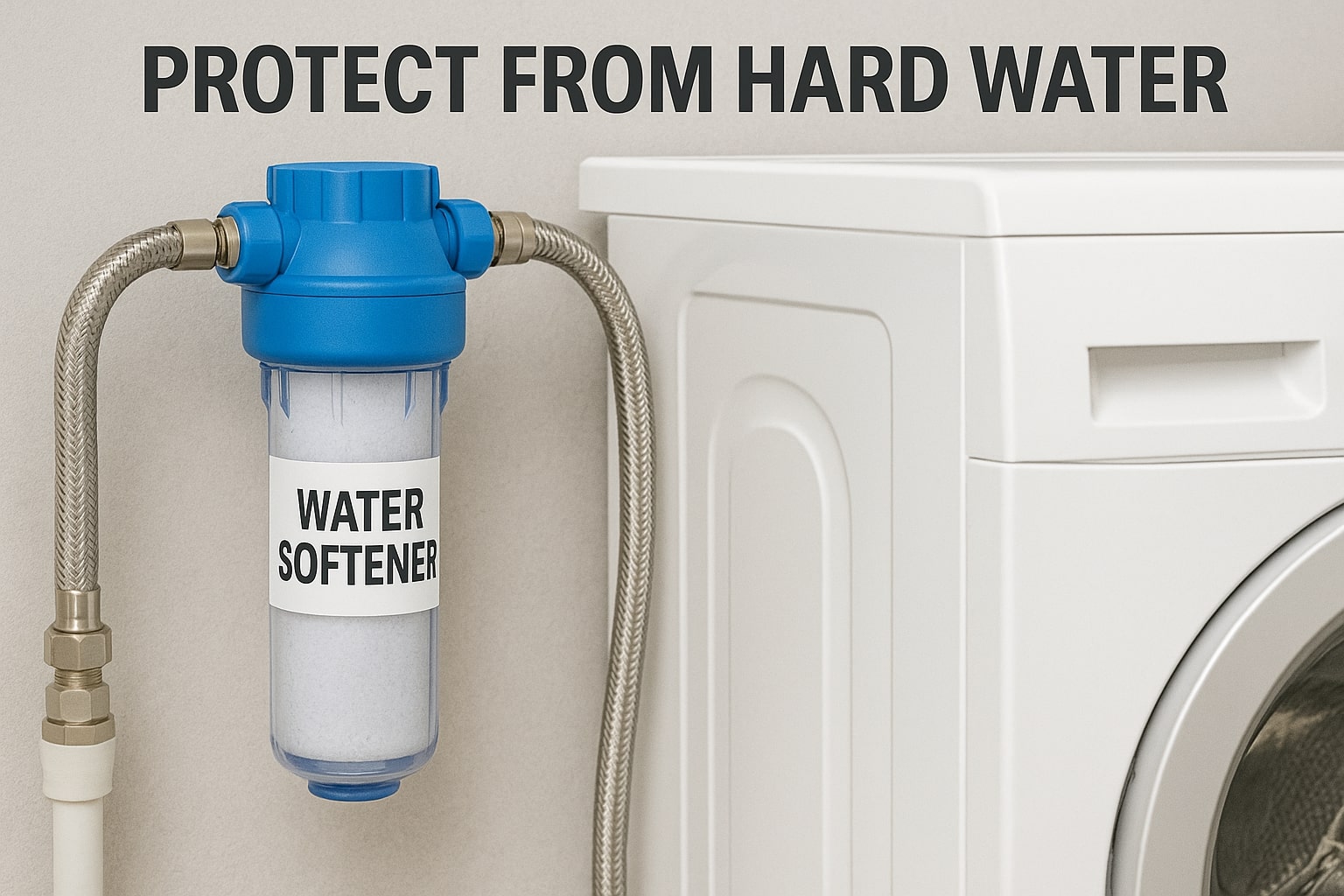Table of Contents
ToggleIntroduction to Extend the Life of Your Washing Machine
Washing machines are among the most hardworking appliances in any Indian household. They save time, effort, and water while keeping clothes clean. But like any machine, they need proper care and maintenance to perform efficiently and last longer.
On average, a washing machine should last 10–12 years, but many fail earlier due to neglect or misuse. By following the right practices, you can add 3–5 extra years to your machine’s lifespan and save money on repairs or early replacement.
In this detailed guide, we’ll cover everything you need to know about washing machine care tips.

1. Read the User Manual First
Many owners overlook the user manual, but it contains essential guidelines. Each washing machine brand—Samsung, LG, Whirlpool, IFB, Bosch—has specific recommendations for load size, detergent type, and maintenance.
Tip: Always keep your manual handy. Following the manufacturer’s instructions ensures you don’t void the warranty.
2. Use the Right Detergent
Using too much detergent or the wrong type (powder vs. liquid) can damage the drum and clog pipes.
Front-loaders: Use low-sudsing HE (High Efficiency) detergent.
Top-loaders: Use regular detergent but measure carefully.
Avoid overuse: Excess soap leaves residue that promotes mold and affects performance.
3. Do Not Overload the Machine
Overloading is one of the main reasons washing machines break down early. It puts stress on the motor, bearings, and suspension system.
Leave 1/4 of the drum empty for proper movement.
Wash heavy items (blankets, curtains) separately.

4. Clean the Drum Regularly
Residue from detergent, dirt, and fabric softener builds up inside the drum.
Run an empty hot water cycle with vinegar or baking soda once a month.
Many machines have a “tub clean” mode—use it regularly.

5. Check and Clean the Filter
Washing machines have lint and water filters that trap debris. A clogged filter affects drainage and cleaning quality.
Clean the filter every 3–4 weeks.
Follow the manual for safe removal and cleaning.
6. Leave the Door Open After Wash
Moisture left inside the drum creates a breeding ground for mold and bacteria.
Leave the door/lid open for at least 30 minutes after each wash.
Wipe the rubber gasket (in front-loaders) to avoid mold.
7. Protect from Hard Water Damage
In India, hard water is a common problem. It leaves calcium deposits inside the drum and pipes.
Install a water softener filter for your washing machine.
Use descaling powder every 2–3 months to clean limescale.

8. Balance the Machine Properly
An unbalanced machine causes vibrations, noise, and damage to internal parts.
Place the machine on a flat surface.
Use adjustable feet to level it.
Avoid placing on wooden or uneven floors.
9. Inspect Hoses and Connections
Hoses carry water in and out—if they crack, you risk leaks and flooding.
Check hoses every 3–6 months.
Replace them every 3–5 years.
Use stainless-steel braided hoses for durability.
10. Service the Machine Annually
Even with home care, a professional service once a year keeps the washing machine in top condition.
Technicians clean internal parts.
They check for wear & tear before it becomes a costly repair.
11. Use Voltage Stabilizer (For Indian Homes)
Fluctuating electricity can harm the motor and PCB (Printed Circuit Board).
Install a voltage stabilizer to protect from sudden power surges.
12. Run Smaller Loads More Frequently
Instead of stuffing clothes in one go, divide them into smaller loads. This reduces stress on the drum and improves washing quality.
✅ Benefits of Proper Washing Machine Care
Save money on repairs and replacements
Improve washing performance and hygiene
Lower electricity and water consumption
Ensure safe operation without leaks or shocks
- visit to buy new washing machine
How often should I clean my washing machine?
You should clean the drum and filter once a month for best performance.
Can I use normal detergent in a front-load washing machine?
No. Always use HE low-suds detergent for front-loaders to avoid excess foam.
How do I know if my washing machine is overloaded?
If clothes are tightly packed and cannot move freely, you’re overloading. Always leave some space.












